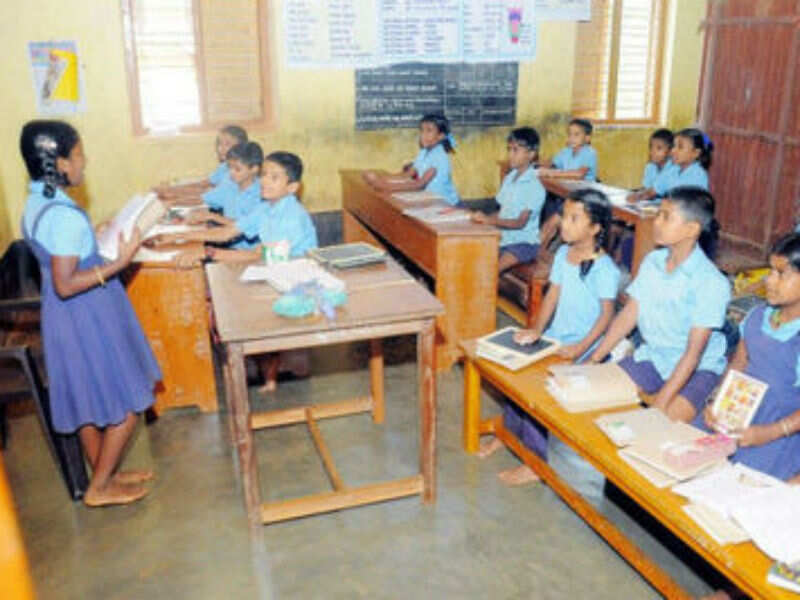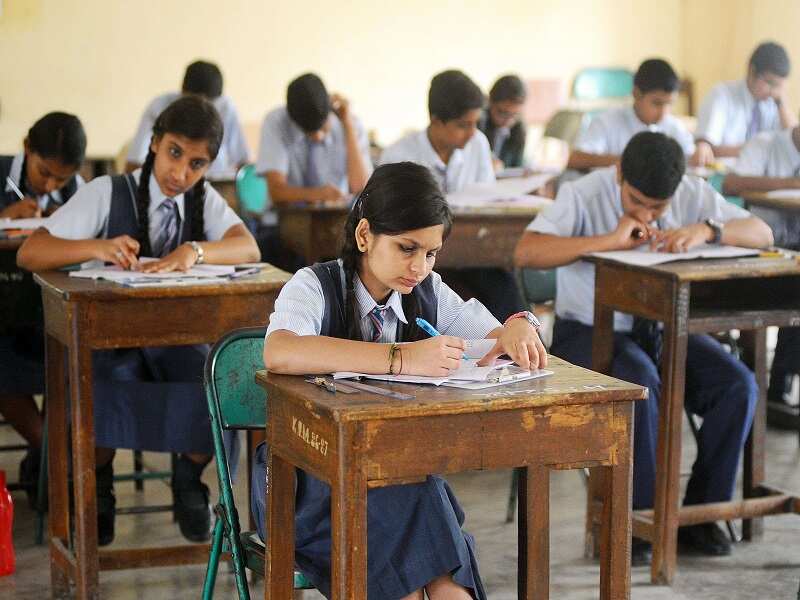
School Psychology professionals and clinicians are often requested to complete multi-team assessments for early childhood and pre-young children. Listed below are four tips that can help professionals associated with multi-team early childhood assessments.
Tip One: A multi-team assessment might take a fit condition. Some school districts hold the child bypass to numerous clinician’s offices and they are tested or interviewed individually with the school mental health specialist, speech counselor, school nurse, special education teacher, general education teacher as well as other professionals when needed (such as the work-related counselor, physical counselor or vision and hearing specialist.). The clinicians then speak with each other following a family leaves the assessment offices. Other school districts can use an even more play-based assessment system where the child is getting fun along with other children and many types of clinicians are watching the little one concurrently. The clinicians can quickly share information making determinations if the kid continues inside the assessment and needs no further assessment, a screener or possibly a complete assessment.

Tip Two: Seek outdoors assistance when needed. Some clinicians just have additional information compared to they receive from the one time assessment. It may be necessary to obtain consent within the parent to get hold of outdoors agencies or organizations. This may include obtaining additional medical information, contacting preschools or daycare programs the little one is attending and social service or promote care agencies to acquire a better picture in the child. It may be required for the school psychologists and clinicians to produce additional observations in the child as they interacts with same age peers in preschool. This outdoors assistance may help get yourself a broader picture of the way the little one appears in a variety of settings and situations.
Tip Three: Seek Parent or Protector Input inside the Multi-Team Assessment. Parents or guardians frequently know their youthful children best so that it makes practical sense to collect as much information as you can from parents and caregivers. You need to realize that guardians might also have different perspectives in regards to the child. The clinician or school mental health specialist will discover similar factors the parent or protector reports, nevertheless the clinician might also note variations in reporting the final results. Parents or guardians may not begin to see the child very much the same so clinicians may need to share some unique or overlooked characteristics the little one is presenting inside the assessment process.
Tip Four: Write Recommendations to reflect Possible Modifications in the little one. The clinicians and college mental health specialist should think about broad recommendations to understand the little one may be making changes. Sometimes recommendations may include parts of the assessment where the child was sporadic with task completion. It might be the little one needs more practice to totally master a task or needs directions repeated to totally learn to perform a task. May be inconsistencies in characteristics the little one presents like limited eye-to-eye-to-eye contact that should be monitored or observed more since the child attends pre-school or participates in play activities.





